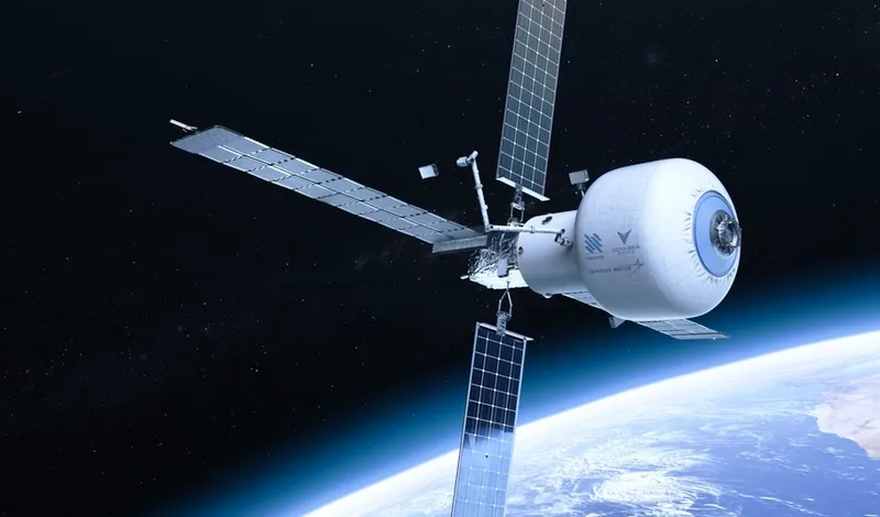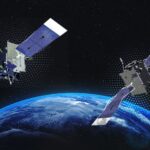50% of Earth’s satellites are leaking unencrypted data, exposing private phone calls, & military communications

For years, satellites circling above us have quietly ferried our most sensitive data — from phone calls and internet traffic to defense communications. But new research shows that half of these space-based systems are sending that information wide open, without encryption, leaving it vulnerable to anyone with a dish, a laptop, and a few hundred dollars.
As first reported by Wired, researchers from UC San Diego and the University of Maryland spent three years pointing an $800 off-the-shelf satellite receiver at the sky. What they found stunned them. Signals carrying private voice calls, text messages, and in-flight Wi-Fi sessions were all freely accessible. Buried within the streams were communications between critical systems — including energy suppliers, water utilities, and offshore oil and gas platforms. Even some military and law enforcement transmissions were left exposed.
“It just completely shocked us,” said Aaron Schulman, a UCSD professor who co-led the study. “There are some really critical pieces of our infrastructure relying on this satellite ecosystem, and our suspicion was that it would all be encrypted. And just time and time again, every time we found something new, it wasn’t.”
The researchers presented their findings in a paper titled “Don’t Look Up,” a nod to the 2021 film — and an indictment of how the satellite industry treats security. For decades, it seems, operators assumed no one would bother to “look up” and analyze what their satellites were transmitting. That assumption created a blind spot now big enough to expose global communications networks.
Over the course of their research, the team detected data from T-Mobile’s network in Mexico, which has since encrypted its transmissions after being alerted. AT&T and several others made similar fixes once notified. But not everyone acted quickly. Some critical infrastructure operators, still unnamed, have yet to protect their satellite traffic, meaning a large share of data continues to be exposed.
The implications are huge. Geostationary satellites handle communications for commercial airlines, remote energy platforms, and national defense. Unencrypted streams could give adversaries or hackers insight into locations, operations, and conversations never meant to be public.
The researchers aren’t pointing fingers as much as they’re sounding an alarm. Satellite systems are expensive and difficult to update, but encryption is no longer optional. “They just really didn’t think anyone would look up,” Schulman said. “They assumed obscurity would equal safety — and it doesn’t.”
The findings serve as a wake-up call for an industry that connects the planet from above but has, for too long, treated the space between satellites and Earth as a safe zone. The sky, it turns out, isn’t as quiet or private as we thought.
This story is based on reporting first published by Wired and independently verified by TechStartups.com.





